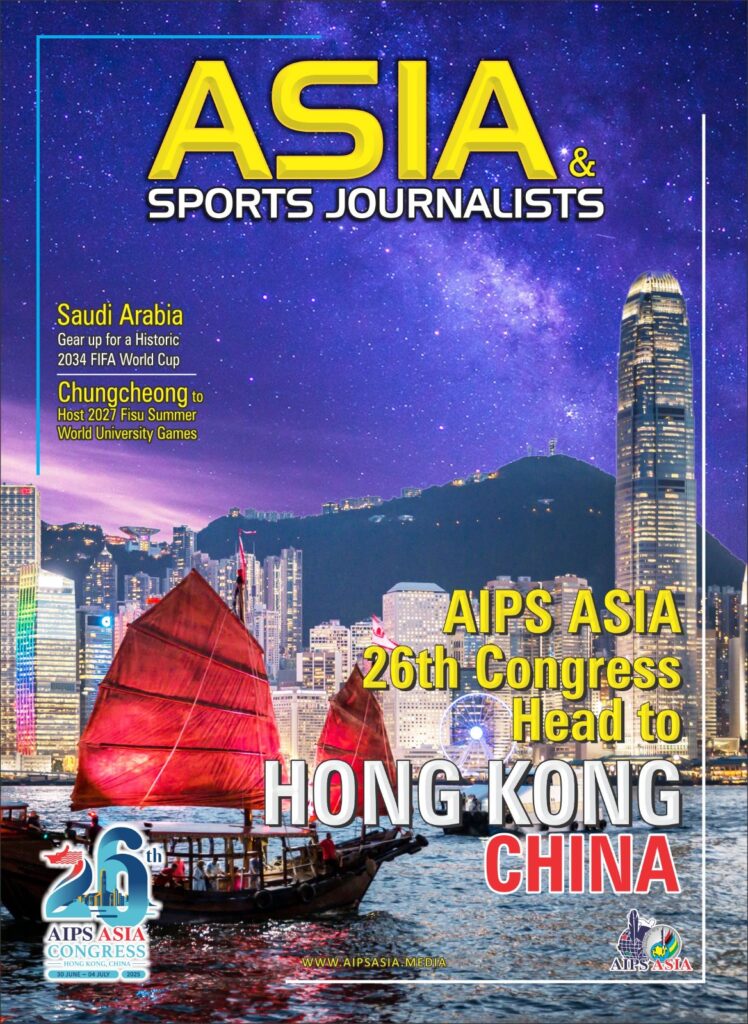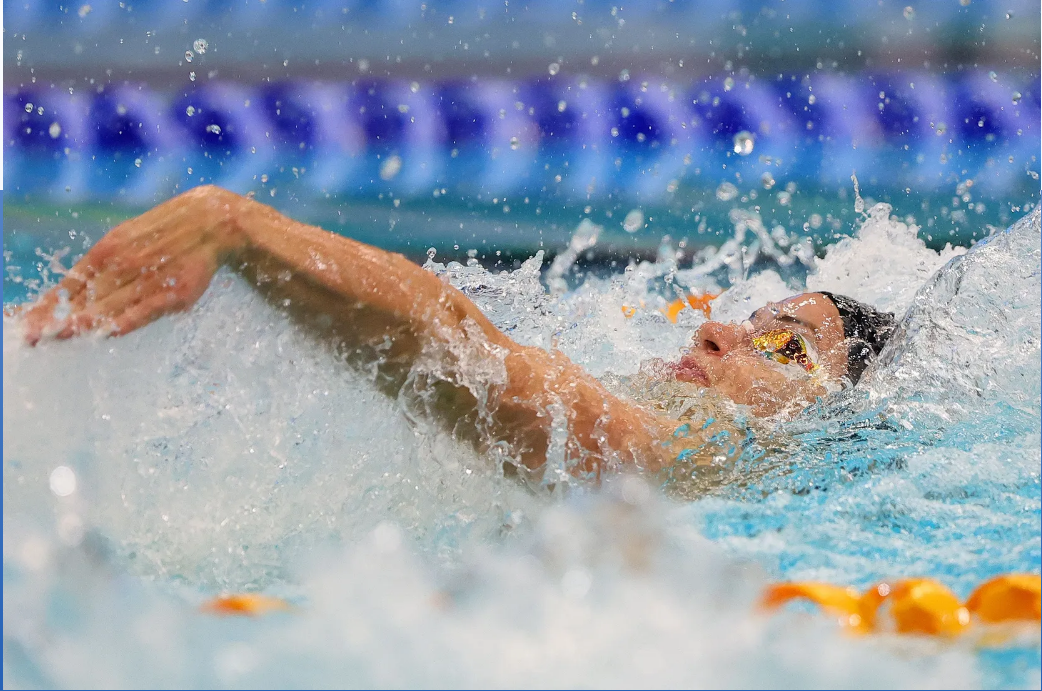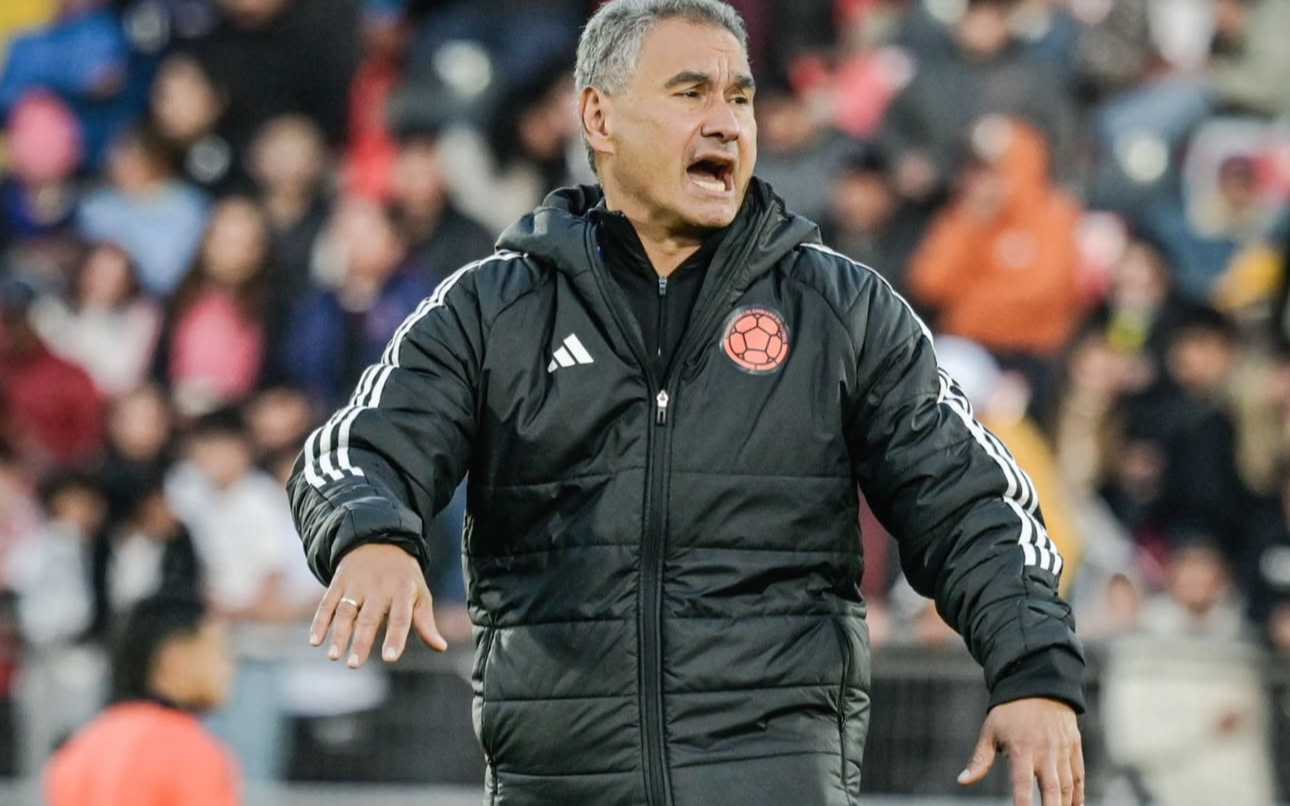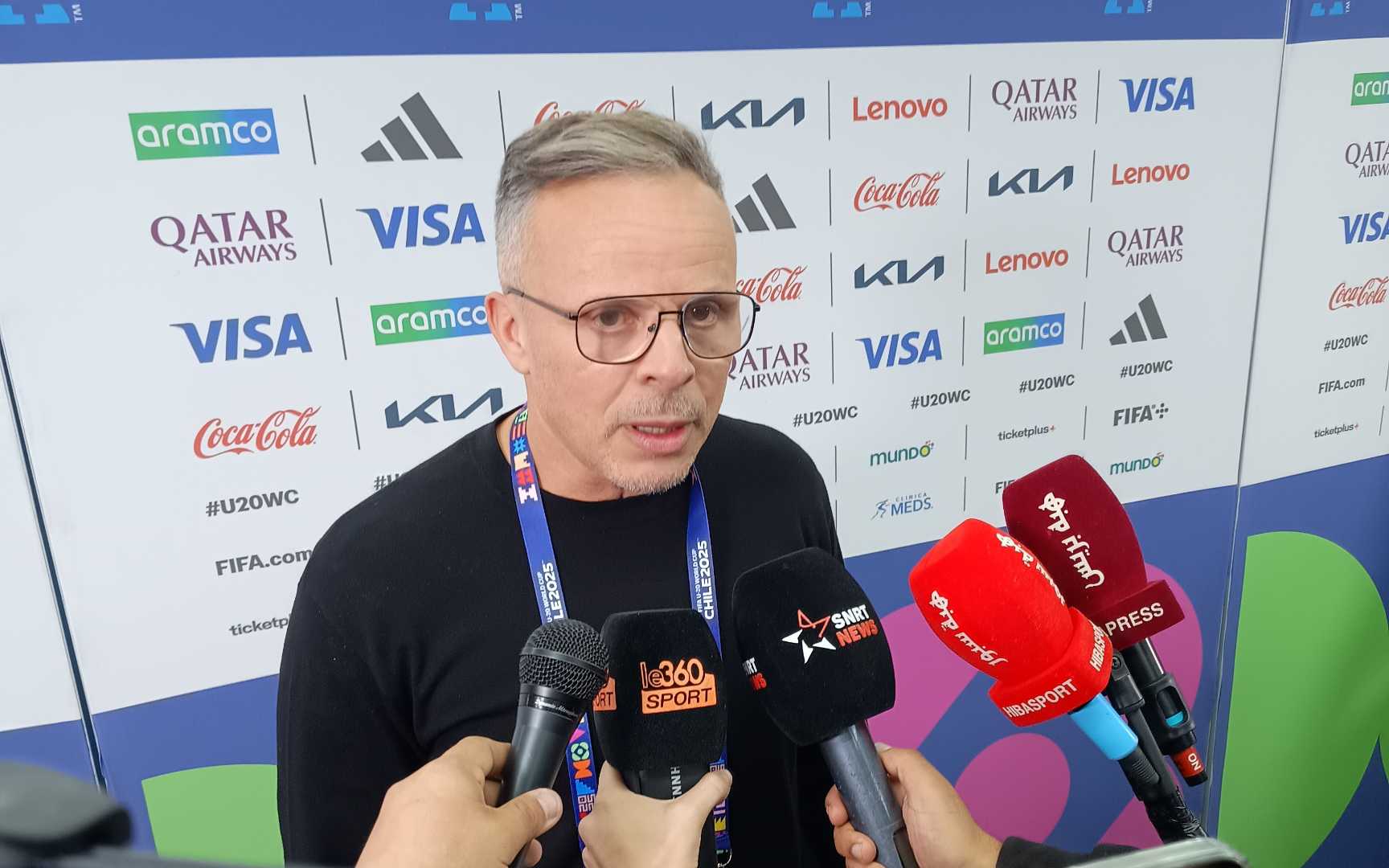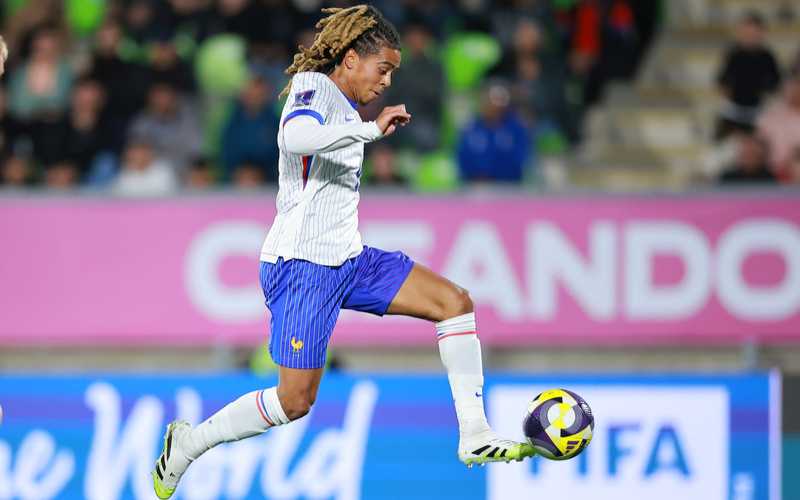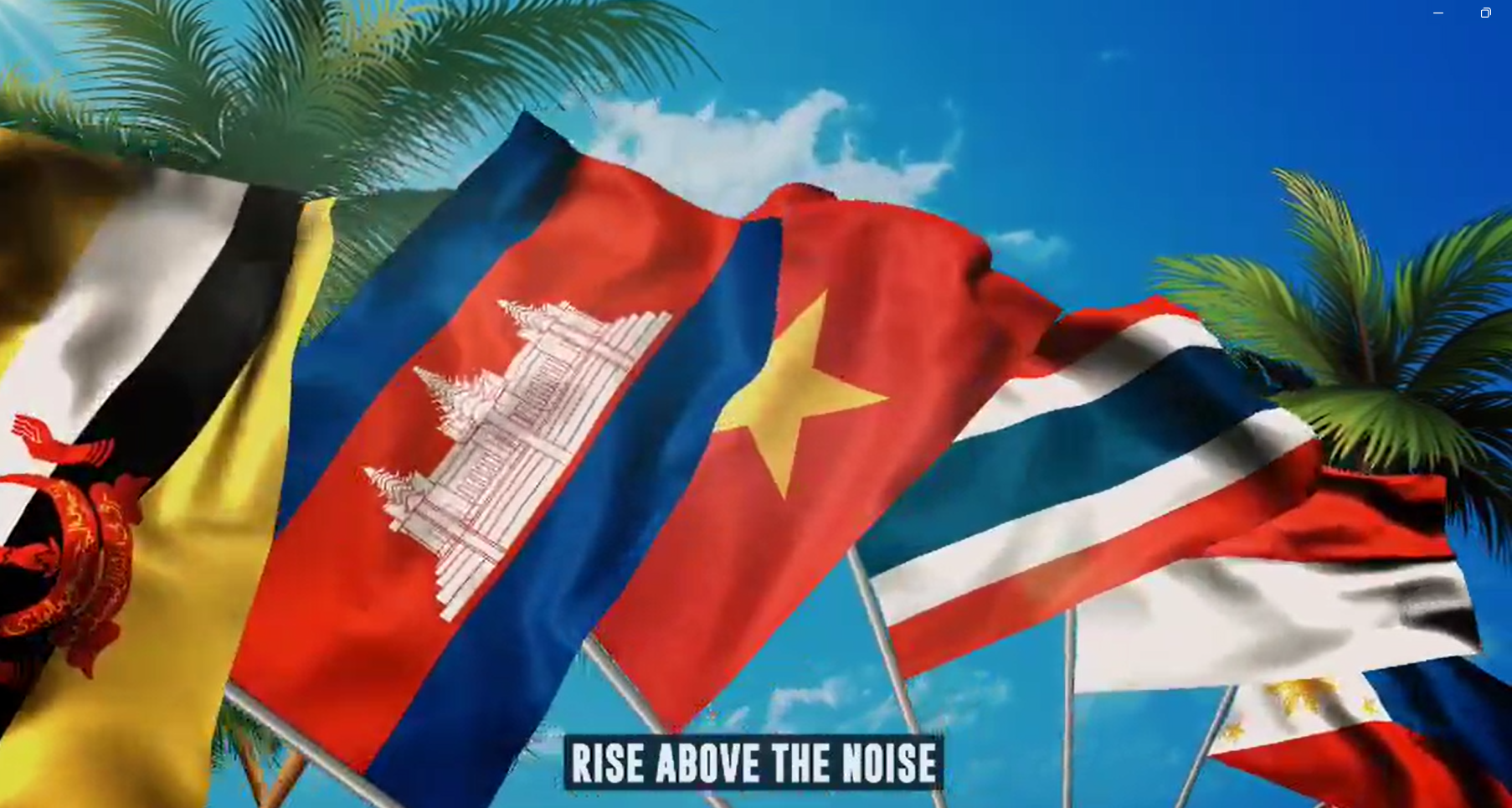All News

Bridging Continents: László Szabó on a Decade of Leadership and the Future of Hungarian Paralympic Sport
László Szabó, President of the Hungarian Paralympic Committee (HPC), recently visited Saudi Arabia and the United Arab Emirates, underscoring his commitment to strengthening ties between the Hungarian and Middle Eastern Paralympic movements.
Peshawar, September 15,2025: (AIPS ASIA News): Since taking office ten years ago, Szabó has made international cooperation a central priority. He believes Asia sets important benchmarks in parasport and is convinced that professional partnerships and the exchange of best practices can bring lasting benefits to all sides.
As a candidate for a seat on the Executive Committee of the International Paralympic Committee (IPC) at the upcoming General Assembly in South Korea, Szabó also sees opportunities for Asia to gain deeper insights into the European Paralympic movement. Especielly, because an Asian presidential candidate is also running in the election, as Bae Dong Hyun from South Korea is contesting the IPC presidency. László Szabó hopes Hungary and its European partners can serve as valuable allies to those Asian nations eager to strengthen their own systems.
A Decade of Transformation
When Szabó assumed the HPC presidency ten years ago, he set out to reshape the nation’s parasport movement. He describes these years as both demanding and rewarding:
“There’s always more to do. Even eighty years wouldn’t be enough. If I ever thought, ‘We’ve achieved everything, there’s nothing left to improve,’ then I wouldn’t be fit for this position. This isn’t just a job—it’s a way of life.”
Milestones at Home
Under his leadership, Hungary has taken significant steps to elevate parasport:
- Since 2013, able-bodied and disabled athletes alike have been honored equally at the Athlete of the Year Gala.
- In 2018, Parliament declared February 22 Hungarian Parasport Day, now marked nationwide in schools, universities, and communities.
- The Halassy Olivér Program supports parasport coaches, with 41 professionals rewarded this year.
- Since becoming a public body in 2015, the HPC has operated on the same legal footing as the Hungarian Olympic Committee, ensuring equal support for disability sport.
Membership has grown from 25 to 42 organizations, and programs such as More Than Sport! now reach thousands of people with disabilities across the country.
Defining Moments
Paralympic competitions provided unforgettable highlights: Hungary’s first Games under Szabó in Rio 2016, the birth of the Hungarian Paralympic Gold Team in Tokyo, and its expansion in Paris. Winter athletes also impressed in PyeongChang and Beijing, despite not reaching the podium.
One moment, however, stands apart for Szabó: having the opportinity to return the gold medal unjustly taken from Zoltán Tauber, Hungary’s first Paralympic champion, in 1976. “It was a touching and uplifting moment that I will never forget,” he recalls.
Personal Inspiration and Changing Perceptions
Szabó’s commitment to parasport is deeply personal. At sixteen, his mother suffered a stroke that left her fully paralyzed yet mentally alert until her passing. “Her vitality and willpower continue to inspire me. Without personal motivation, no one becomes a true leader—especially not in sport.”
Beyond results, he emphasizes the broader impact of parasport in society:
“We don’t portray people with disabilities as objects of pity but as strong, inspiring individuals. Our campaigns and athletes’ successes help break down prejudices and build a more understanding society.”
Hungary on the World Stage
Hungary has become increasingly active in international parasport diplomacy. Hungarians lead two Paralympic sports—wheelchair fencing and judo—while others serve on international committees. The country has hosted several World and European Championships, earning widespread recognition for its organization and hospitality.
Guiding Values and Looking Ahead
Asked about his principles, Szabó highlights dignity, equality, perseverance, and community. He admires the humor and joy Paralympians bring to their challenges, calling it “impossible not to envy.”
Looking ahead, he avoids medal promises, focusing instead on building a system where athletes with disabilities enjoy the same professional, financial, and societal support as their able-bodied peers.
“My goal,” he says, “is for Hungarian parasport to serve as a global example—internationally competitive, proud, committed, and joyful.”
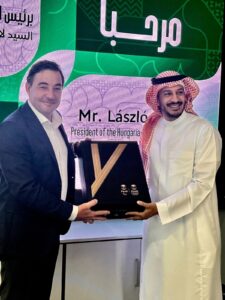
Bridging Continents: László Szabó on a Decade of Leadership and the Future of Hungarian Paralympic Sport
László Szabó, President of the Hungarian Paralympic Committee (HPC), recently visited Saudi Arabia and the United Arab Emirates, underscoring his commitment to strengthening ties between the Hungarian and Middle Eastern Paralympic movements.
Peshawar, September 15,2025: (AIPS ASIA News): Since taking office ten years ago, Szabó has made international cooperation a central priority. He believes Asia sets important benchmarks in parasport and is convinced that professional partnerships and the exchange of best practices can bring lasting benefits to all sides.
As a candidate for a seat on the Executive Committee of the International Paralympic Committee (IPC) at the upcoming General Assembly in South Korea, Szabó also sees opportunities for Asia to gain deeper insights into the European Paralympic movement. Especielly, because an Asian presidential candidate is also running in the election, as Bae Dong Hyun from South Korea is contesting the IPC presidency. László Szabó hopes Hungary and its European partners can serve as valuable allies to those Asian nations eager to strengthen their own systems.
A Decade of Transformation
When Szabó assumed the HPC presidency ten years ago, he set out to reshape the nation’s parasport movement. He describes these years as both demanding and rewarding:
“There’s always more to do. Even eighty years wouldn’t be enough. If I ever thought, ‘We’ve achieved everything, there’s nothing left to improve,’ then I wouldn’t be fit for this position. This isn’t just a job—it’s a way of life.”
Milestones at Home
Under his leadership, Hungary has taken significant steps to elevate parasport:
- Since 2013, able-bodied and disabled athletes alike have been honored equally at the Athlete of the Year Gala.
- In 2018, Parliament declared February 22 Hungarian Parasport Day, now marked nationwide in schools, universities, and communities.
- The Halassy Olivér Program supports parasport coaches, with 41 professionals rewarded this year.
- Since becoming a public body in 2015, the HPC has operated on the same legal footing as the Hungarian Olympic Committee, ensuring equal support for disability sport.
Membership has grown from 25 to 42 organizations, and programs such as More Than Sport! now reach thousands of people with disabilities across the country.
Defining Moments
Paralympic competitions provided unforgettable highlights: Hungary’s first Games under Szabó in Rio 2016, the birth of the Hungarian Paralympic Gold Team in Tokyo, and its expansion in Paris. Winter athletes also impressed in PyeongChang and Beijing, despite not reaching the podium.
One moment, however, stands apart for Szabó: having the opportinity to return the gold medal unjustly taken from Zoltán Tauber, Hungary’s first Paralympic champion, in 1976. “It was a touching and uplifting moment that I will never forget,” he recalls.
Personal Inspiration and Changing Perceptions
Szabó’s commitment to parasport is deeply personal. At sixteen, his mother suffered a stroke that left her fully paralyzed yet mentally alert until her passing. “Her vitality and willpower continue to inspire me. Without personal motivation, no one becomes a true leader—especially not in sport.”
Beyond results, he emphasizes the broader impact of parasport in society:
“We don’t portray people with disabilities as objects of pity but as strong, inspiring individuals. Our campaigns and athletes’ successes help break down prejudices and build a more understanding society.”
Hungary on the World Stage
Hungary has become increasingly active in international parasport diplomacy. Hungarians lead two Paralympic sports—wheelchair fencing and judo—while others serve on international committees. The country has hosted several World and European Championships, earning widespread recognition for its organization and hospitality.
Guiding Values and Looking Ahead
Asked about his principles, Szabó highlights dignity, equality, perseverance, and community. He admires the humor and joy Paralympians bring to their challenges, calling it “impossible not to envy.”
Looking ahead, he avoids medal promises, focusing instead on building a system where athletes with disabilities enjoy the same professional, financial, and societal support as their able-bodied peers.
“My goal,” he says, “is for Hungarian parasport to serve as a global example—internationally competitive, proud, committed, and joyful.”


Video Gallery


